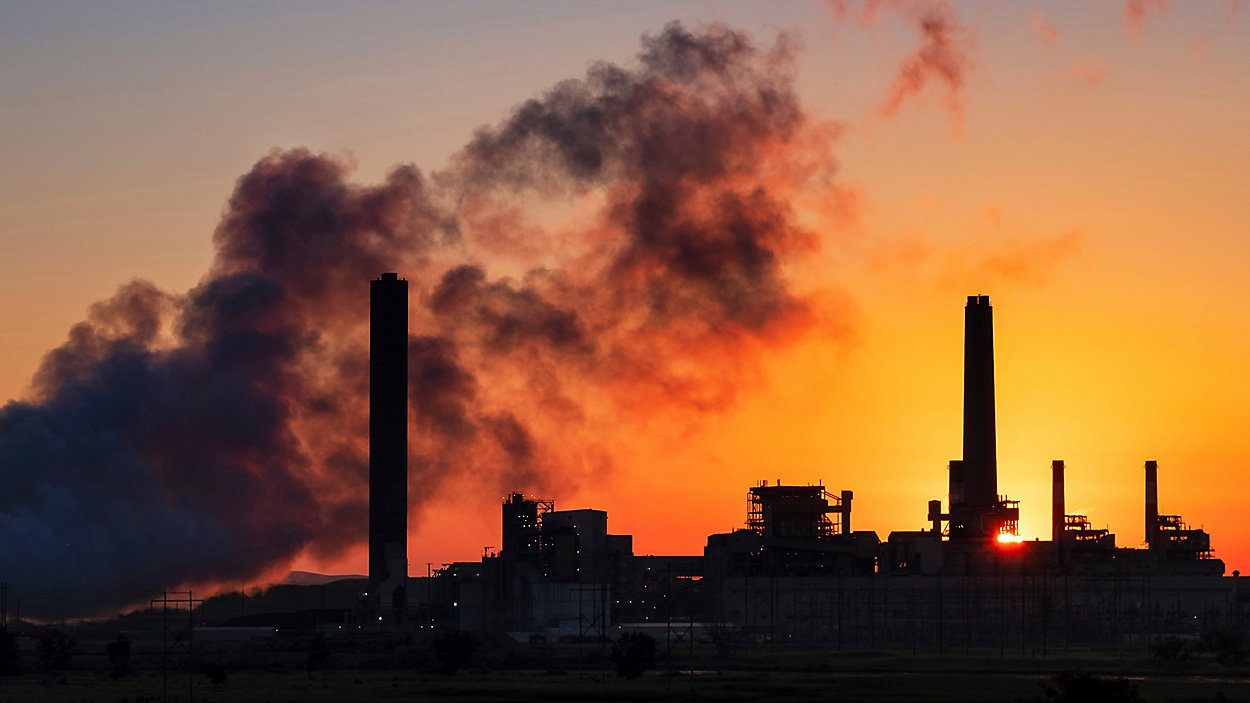Already a subscriber? Make sure to log into your account before viewing this content. You can access your account by hitting the “login” button on the top right corner. Still unable to see the content after signing in? Make sure your card on file is up-to-date.
A coalition of Republican-led states has petitioned the Supreme Court to block the Biden administration’s efforts to implement a rule aimed at reducing emissions from the power sector.
What’s the deal: Twenty-five Republican-led states have appealed to the Supreme Court to halt a Biden administration rule on emissions reduction after a lower court refused to intervene and allow the rule to remain in effect.

What the rule does: The new rule mandates that existing coal plants and new gas plants implement technology to reduce carbon emissions by 90%. It replaces an Obama-era regulation, which sought to decrease fossil fuel use in favor of renewable energy.
What states & opponents are arguing: Opponents of the rule say that enforcing it will cause significant harm, requiring them to start planning and investing resources to meet compliance deadlines set for 2030-2032. They claim the rule is an indirect attempt to eliminate coal plants without clear congressional authorization and believe it cannot be upheld under current legal frameworks. Additionally, companies in these sectors warn that thousands of jobs will be lost if the rule is enacted.
What the EPA & supporters argue: The EPA has not commented on the states’ legal action but has highlighted that the rule would prevent 1.38 billion metric tons of carbon emissions by 2047, equivalent to taking 328 million gas-powered cars off the road for a year. Supporters of the Biden administration’s emission rule argue that, despite the upfront costs, investing in cleaner technologies will yield long-term economic benefits.
Which states are part of the lawsuit? The states involved include West Virginia, Indiana, Alabama, Alaska, Arkansas, Florida, Georgia, Idaho, Iowa, Kentucky, Louisiana, Mississippi, Missouri, Montana, Nebraska, New Hampshire, North Dakota, Oklahoma, South Carolina, South Dakota, Tennessee, Texas, Utah, Virginia, and Wyoming.






